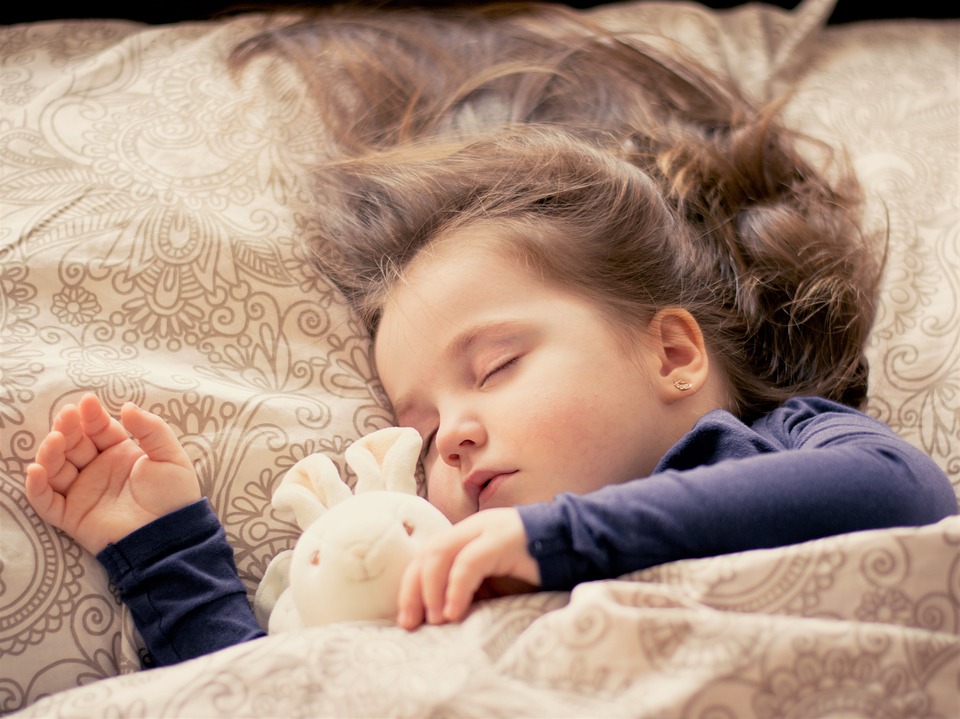Mental Health
3 Positive Aspects of Anxiety and Depression that are Rarely Talked about by your Doctors

3 Positive Aspects of Anxiety and Depression that are Rarely Talked about by your Doctors
If you’re anything like me then you’ll have spent most of your life visiting a swathe of professionals throughout your life that have thrown big words around with rarely any explanation as to how they’ve come to this conclusion, or why they think it’s affecting me. This was my life.
My first ever diagnosis was Paranoid Schizophrenia, and I remember sitting there at the end of that table with the doctor and my mother thinking my life was over. It was the end of my stay at the psychiatric hospital and it was a mandatory session with my consultant to see how I was going to survive on the outside world. He was sitting there telling me that I would have Paranoid Schizophrenia for the rest of my life. He may have said a few things afterwards but I was too busy wrapped up in my own thoughts of how my life was completely over.
You see back then, or at least 20 years ago when I was first diagnosed, it was just at the cusp of the dark ages of psychiatry. I remember being taken for a walk along the, “Mad Mile” when only ten years previously, inhabitants were taken out of their wards, in chains, and walked for exactly a mile — hence the “mad mile.” I have heard stories of psychiatric nurses dousing breakfast porridge with sedatives to keep patients quiet all day. The stories are horrific, but probably from a different time. The nurses enjoyed sitting around telling us these stories. Interesting to say the least.
Since then I’ve been given at least four other diagnosis’ along my journey, until recently where I don’t have anything, I’m just a regular guy integrated with society.
But no-one told me that I could get better.
At the doctors table receiving my diagnosis it was permanent and unchangeable — it was forever. Even although nothing had changed; I was still me, I still acted the same as I had always done, I still said the same things that I had always said; it was hard to shake the feeling that something had changed and I was doomed forever. And I guess this is what it feels like being diagnosed with any sort of Mental condition. The loss of hope.
But let’s not get too ahead of ourselves; there is hope, and I’m going to go through a few of the hopeful sides.
Sometimes it’s not for the rest of your life
A lot of people that have depression and anxiety will say that it’s forever, it’s for as long as you live. That because of reasons beyond your control it will grip it’s ugly claws around you and doom you forever. Well, it can be forever, but there are ways and means to reduce the feelings of helplessness in your daily life. Go out for a long walk in the fresh air for instance. Get rid of all your tech gadgets - did you know that screens create negatively charged ions that are linked to feelings of depression, anxiety and hopelessness? Yep, ditch those screens for an hour or two, go for a fresh walk somewhere in the lovely fresh air. In my recovery this was the first step I ever took — and through this I began to sleep easier at night.

It’s a mindset, it is a feeling of despair that you feel out of control to help — if you look at all the ways you can alleviate it, by walking outside, reflecting on your life, annexing all the anxiety inducing materials you consume — like horror movies, then if enough time goes by, then you might actually see yourself feeling a little better about yourself.
Believe it or not but it’s mostly about nurture, and not nature
I said mostly, because I do believe that when we’re born some have more of a tendency to be prone to mental illness. My son for example; he has had a very loving, and carefree upbringing, but I can see that he suffers from a tendency to be more anxious than his peers. That’s not through us, because we have put only love, care and boundaries into him.
But even with that it’s mostly about nurture and the way you are helped through childhood by your family, friends and acquaintances. Even people with the worst predisposition to depression and anxiety can manage life a lot easier with the right support network and a healthy nurturing upbringing. So whilst it can seem pretty definitive at the time, it’s not always the case.
Basically It’s all about coping strategies and the way we’ve been socialised to cope with not feeling, “great.” Take me for example, most of my immediate family, when faced with stress would turn to alcohol. When my mum’s long term boyfriend died when I was thirteen — my mum spent an entire two years drowning her sorrows out at the end of a bottle. I recollect a time when my dad told me that because I had essentially flushed my life down the toilet he got so legless at the pub that his friends had to carry him back. Essentially, as a teenager I was socialised to believe that in times of stress i should turn to alcohol. I’m not blaming mum and dad, it is the way it is.
When we have negative coping strategies like this we can often see ourselves get locked into a downward spiral. Something bad happens so we down half a bottle of vodka, then the next day we feel bad because of the way alcohol makes us feel, and then we down another bottle of vodka. Enough time goes by and we lock ourselves into these routines. The body becomes addicted to feeling negative and using alcohol as an emotional dampener. I’d like to say crutch, but it really isn’t a crutch, it’s a dampener.
The thing is, is that we can free ourselves from these traits. In my experience the doctors I saw told me that I need to keep taking my medication, but added nothing to the conversation on how I could better my life. What we CAN do is swap our negative coping strategies into positive ones. When I stopped alcohol it was important that I had something to use my time with, be that in the presence of supportive people, or doing something that I enjoyed. Just sitting there doing nothing is going to increase those feelings of unhappiness and restlessness. That’s why I say get some hobbies and meet new people. Look out for people you feel comfortable and happy with — those people are going to make you feel good 100% of the time.
We say beating it is hard, but it’s actually the first step that’s the hardest
Recognizing that you need help, and that you want to receive help from other people is probably one of the hardest decisions you’ll ever make in your life, especially if you were raised like me and think that asking for help is for losers.
I spent a good four years fighting the doctors, the consultants and the psychologists that told me I needed to be willing to accept their help for it to work. In my eyes I didn’t need their help, I was fine, this was all a plot to subvert me from becoming great, and to towing the societal line. Once I finally gave in and asked for it, the rest was history. But it’s recognising that you need to change to be better — that’s the hardest. Most people think they are fine as they are, but truth be told a bit of personal development did no-one any harm.
Believe it or not a lot of people will go to the doctors and the doctors will subscribe medication for them any they will go about their lives oblivious that they need to do anything else in it to get any better. Medication is only the first step on the ladder. It’s there hopefully to prevent any instances of major depression or anxiety, but right down at the core, to get any benefit out of what you feel, you’re going to have to make some effort to clawing out of whichever hole you find yourself in, and the first step to anything (and probably the hardest) is realising that you need to make a change(s) in your life to better it — humans often don’t like being told they are wrong, our ego’s and pride get in the way.
So if you’ve recognised that you’re needing to make a change, and you’ve made a step towards whatever it is that you need to change, congratulations, in three years you’ll be an entirely different person than you are today. One of the biggest actors to changing is being aware of what you need to change. I know of no-one that is consciously aware of how their behaviour is impacting their lives, and not went on a path to changing it. Awareness is absolutely the biggest actor to change.
So be brave my friend; life is hard right now, but you’re on the right path. In a few years you’ll look back on this and think, “wow, look how far I’ve come.”
And you won’t look back.


